Location: Warsaw, Indiana
2820 E. Durbin St. Warsaw, IN 46580
Hours of Operation: Monday-Friday, 6:30am – 3:30pm
Office: 574-267-5076
History:
This plant was originally located in Columbia City and was owned by Bituminous Materials and moved to Warsaw in 1975. The Warsaw plant has been part of the AMI family since 2009.
Products:
We provide different emulsion products out of this facility including non-tracking and polymer modified.
Fun Facts:
Truck & Rail access
We’re Here for Your Roads:
At AMI, our dedicated team of experts are ready and available to help meet all your construction and materials needs. We specialize in asphalt emulsions, polymer modified binders, cold mix, asphalt emulsion seal coat base, crack sealants and more. With our talented laboratory technicians and hard-working plant staff, creating the highest quality asphalt emulsion products is our number one priority. We provide the finest asphalt materials within our customer’s budgets, specifications and time frame without sacrificing quality. We keep you up to date on the latest practices and materials, so you don’t miss a beat when it comes to your roads.
Let’s Talk About Your Project:
Our products are customized to fit your needs. View our featured products by application below. Then get in touch with us. We are more than happy to answer any questions that arise for your next road project. https://asphalt-materials.com/products/
Our customers know they can rely on us for their superior road solutions. If you have general questions about products, customization, locations, etc. reach out to our Warsaw team today for your road repair and maintenance needs.



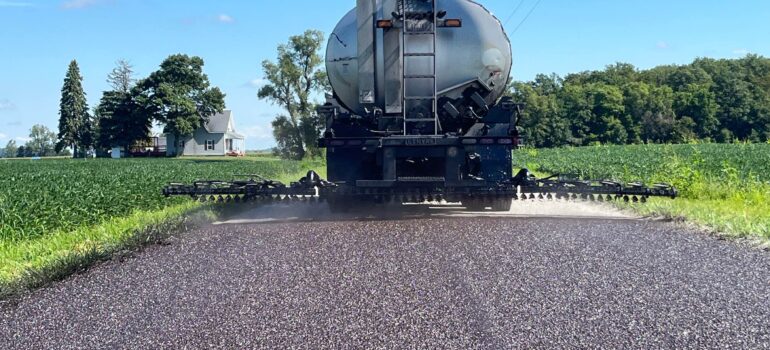
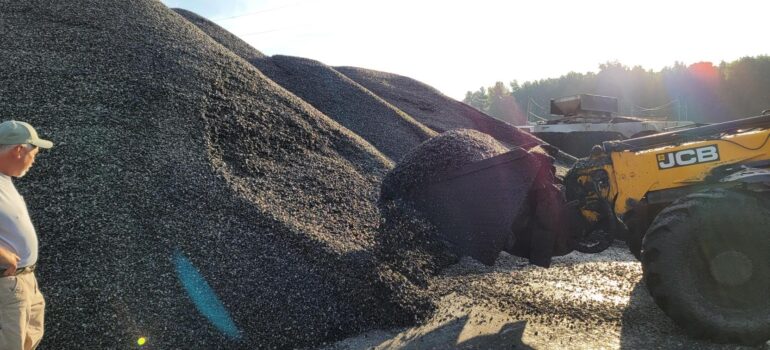


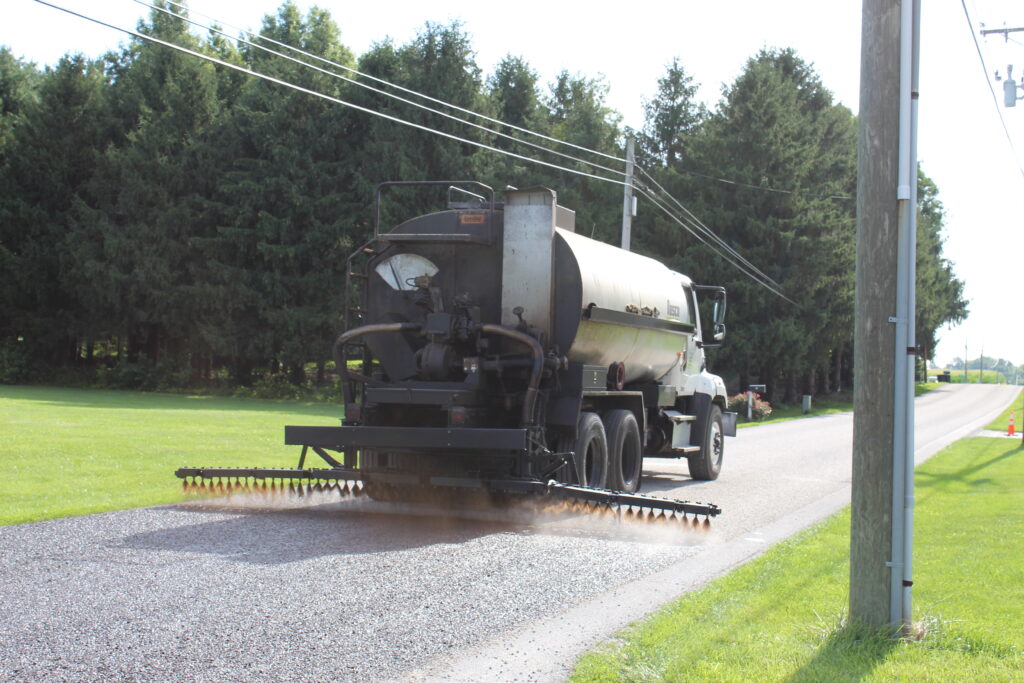




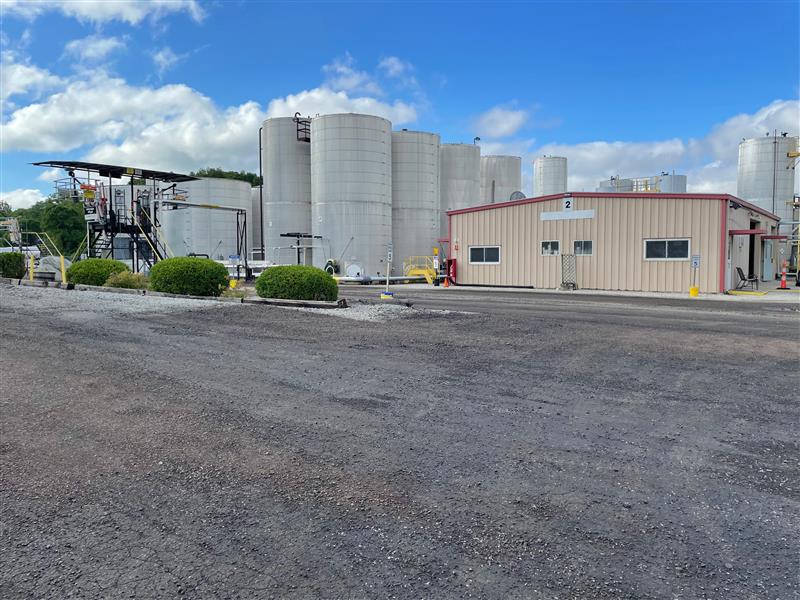

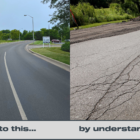
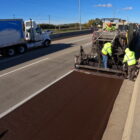

Recent Comments